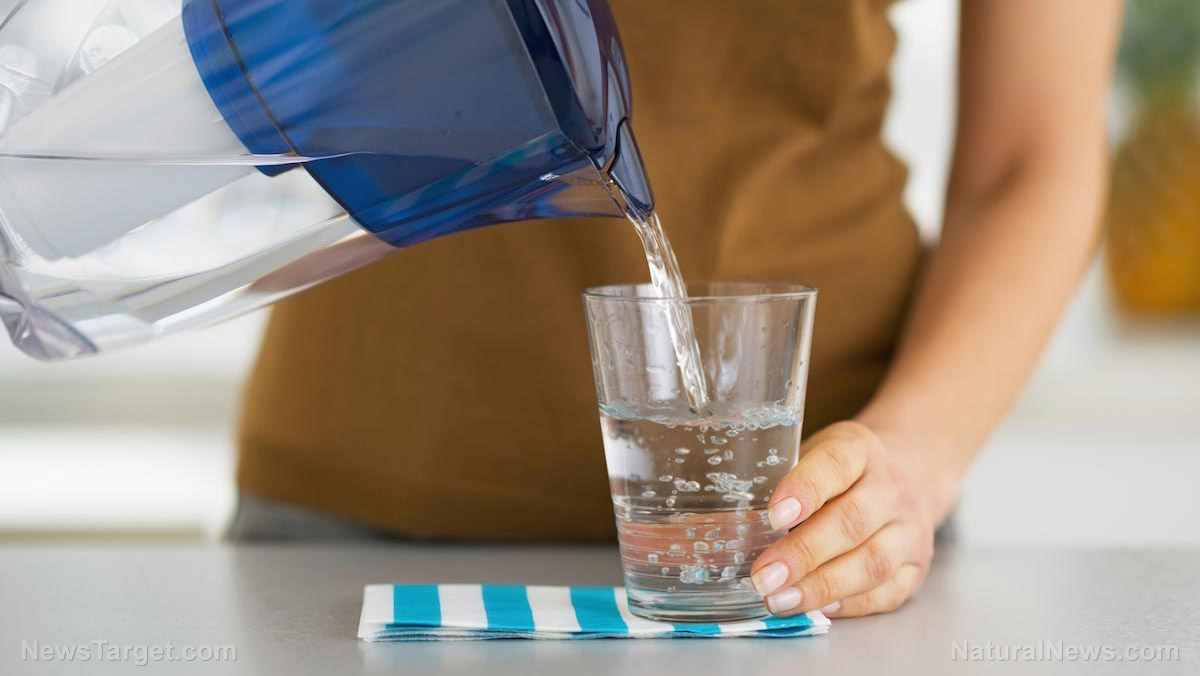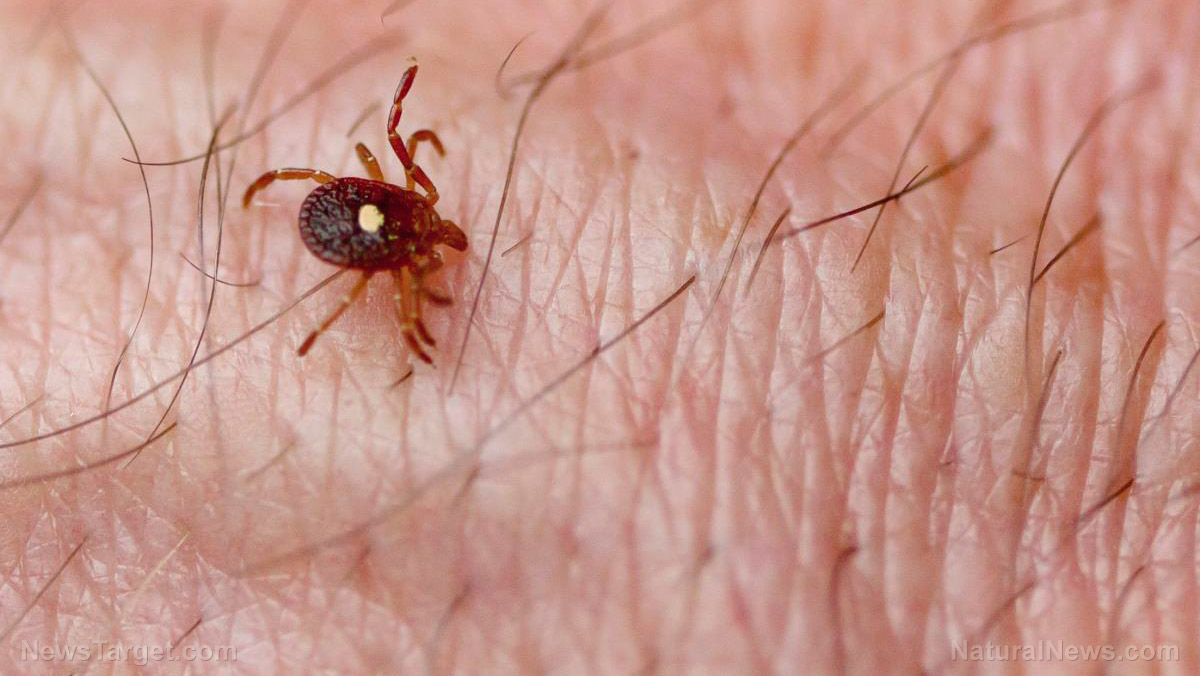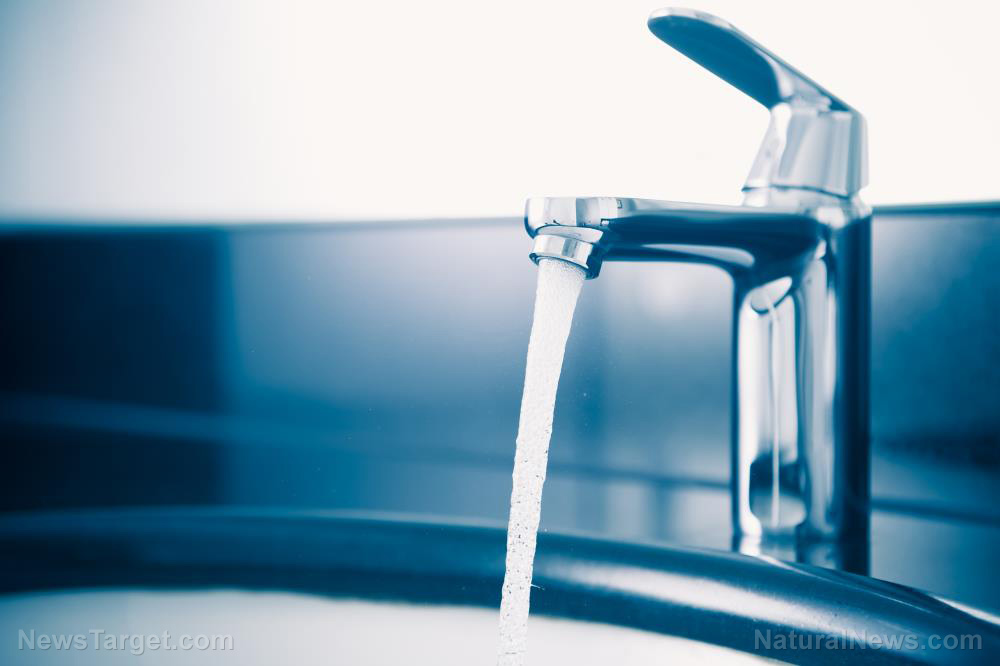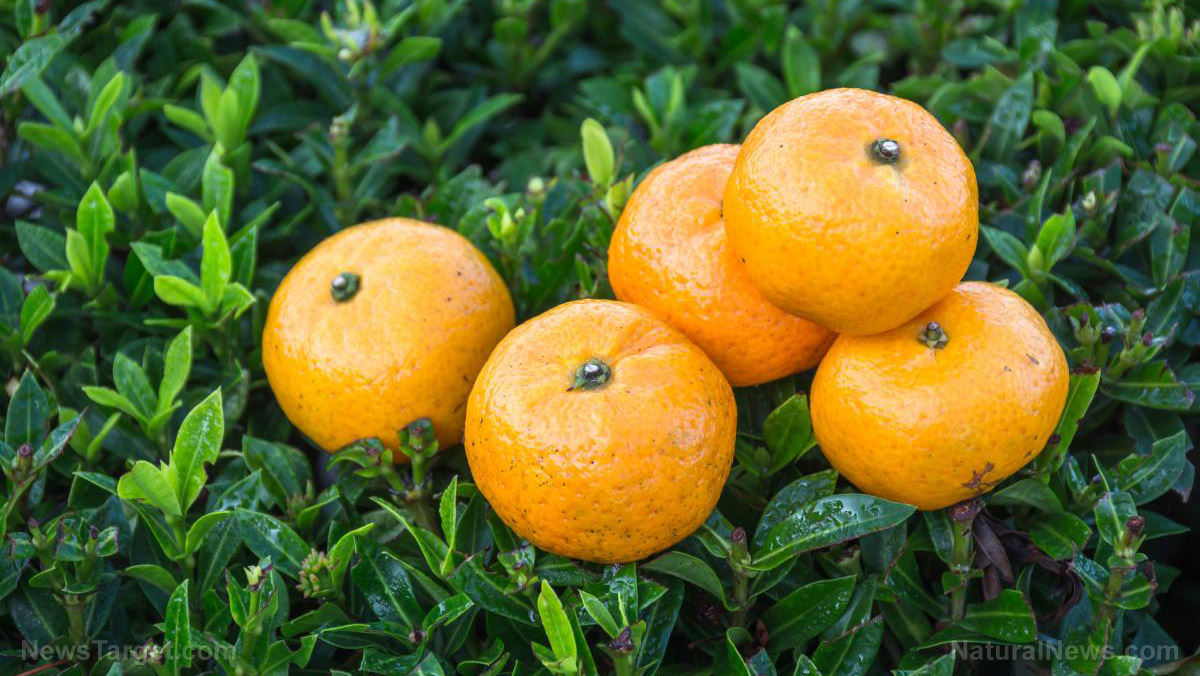Using quality water filters can help reduce your exposure to potentially harmful microplastics, advise scientists
07/23/2020 / By Zoey Sky

Research suggests that microplastics are in seafood and in the very water that you drink. While studies have yet to determine the harmful effects of microplastics on human health, experts recommend using water filters to reduce exposure to microplastics in tap water.
A credit card’s worth of microplastics ingested weekly
Findings from a separate study conducted by scientists from the University of Newcastle in Australia showed that the average person ingests at least 5 g of plastic every week or the equivalent weight of one credit card.
Five grams may not seem like much, but that means you ingest 2,000 minuscule pieces of plastic every week. This adds up to 21 grams a month or at least 250 g of microplastics a year.
The potential dangers of microplastics
Dr. Maria Neira, the director of the Department of Public Health, Environment and Social Determinants of Health at the WHO, said that continued research is necessary to further determine how exposure to microplastics can affect human health, especially since findings have revealed that plastic can also be found in drinking water.
These studies also highlight the importance of reducing plastic pollution worldwide since microplastics threaten the safety of marine life.
Duncan McGillivray, an Associate Professor from the School of Chemical Sciences at the University of Auckland warned that people are exposed to more microplastics than initially believed.
Some studies have found that one liter of bottled water contains at least 1000 particles of microplastics. But while microplastics are a mostly undetermined danger, McGillivray cautions that this doesn’t mean you shouldn’t care about microplastics in your food and water.

Various studies suggest that exposure to microplastics are linked to various health problems such as:
- Damage to the immune system
- Inflammation
- Exposure to toxins like mercury or pesticides
Experts believe that exposure to microplastics can also damage fertility among sea mammals.
While studies are ongoing to determine the negative side effects of microplastics on animal and human health, researchers recommend the use of high-quality water filters to eliminate microplastics, pharmaceuticals and “illicit drugs” found in drinking water supplies worldwide. Dr. Paul Harvey, an environmental scientist and environmental chemist at Macquarie University, explained that using water filters will also help get rid of other pollutants such as heavy metals and pathogens in your drinking water.
Thava Palanisami, a senior research fellow at the University of Newcastle’s Global Centre for Environmental Remediation, also recommends the use of water filters, adding that the presence of microplastics is geographically dependent.
Palanisami noted, that to date, there is a lack of scientific data on the “human health impact” of microplastics. Using water filters will help reduce your exposure to particle pollutants, but he cautioned that this also depends on the quality of the filter that you are using.
Harvey said that while water filters help reduce your exposure to microplastics in drinking water, the best course of action is to “remove the sources of pollution before they reach the drinking water.” (Related: Watch what you eat: 5 Tips to help reduce your toxic plastic exposure in food and water.)
Do your part and help reduce plastic pollution
There are many ways to reduce plastic waste, which in turn helps prevent the accumulation of microplastics in oceans and your drinking water. Read on for tips on how to avoid microplastics in your daily life.
- Stop buying bottled water and use a reusable water bottle. Just make sure you refill it at home or the office with filtered water.
- Don’t buy products with microbeads, like beauty and cosmetic products such as toothpaste or facial scrubs.
- Use clothing made from non-synthetic material. Synthetic fabrics like nylon and spandex are made of plastic that eventually sheds fibers called microfibers, another form of microplastic.
Use reusable water bottles and drink filtered water to avoid microplastics that can potentially harm your overall health. Making lifestyle changes also helps reduce the plastic waste you produce, which is great for the environment.
Sources include:
Submit a correction >>
Tagged Under:
This article may contain statements that reflect the opinion of the author





















